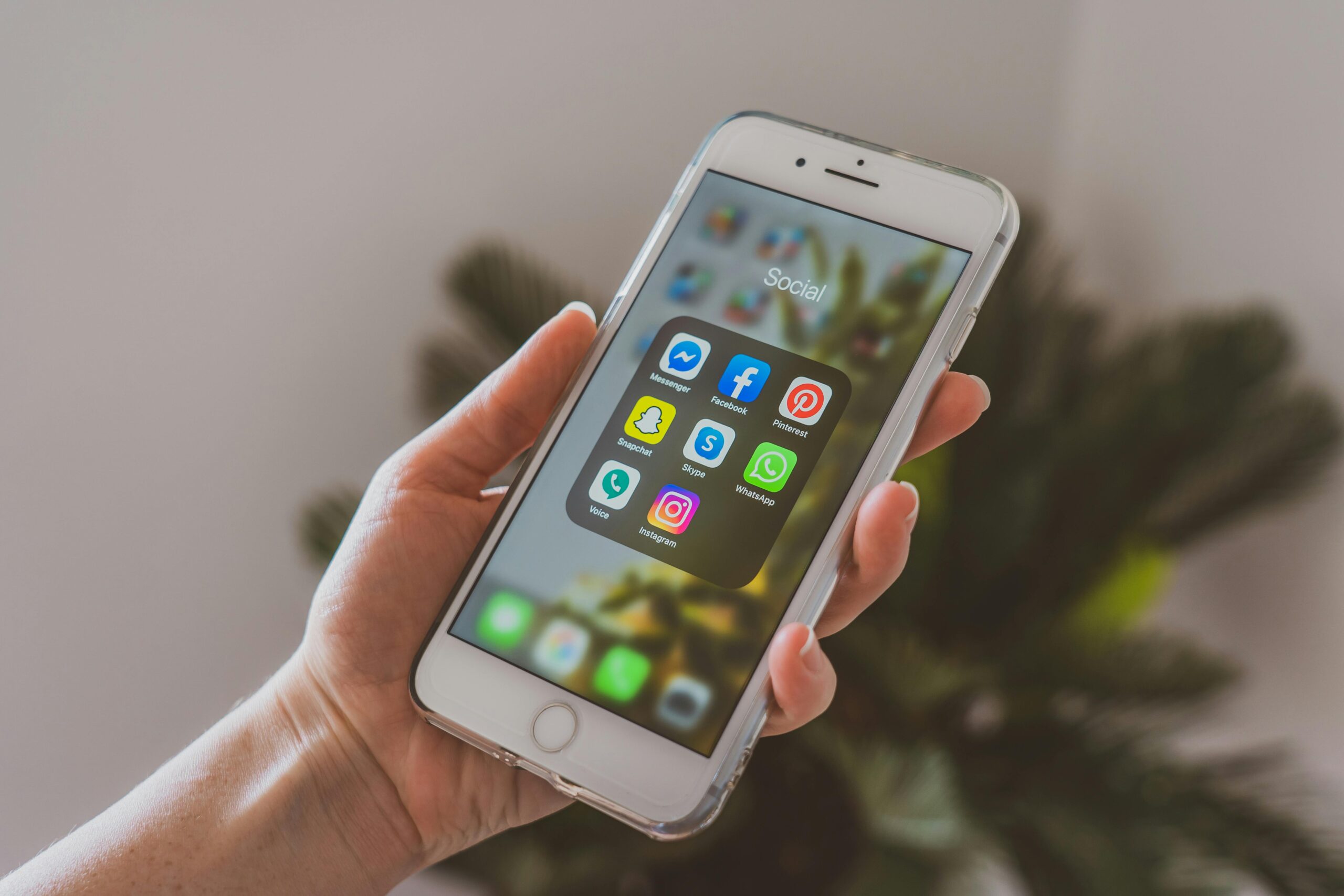In today’s hyper-digital economy, personalization is no longer a luxury — it’s the foundation of effective branding. As brands navigate the crowded online space, AI has emerged as the key enabler of true one-to-one marketing at scale. The ability to deliver unique experiences, tailored recommendations, and emotionally intelligent communication is reshaping the very core of how brands connect with their audiences.


In Germany — a market defined by privacy awareness, technological precision, and design excellence — Brand AI is not just a buzzword. It’s becoming a strategic differentiator for companies that want to blend authenticity with innovation.
This article explores how AI is personalizing branding at scale, what this means for the future of Brand AI, and how three German small and mid-sized companies are using it to strengthen their stories and customer loyalty.
The Shift: From Mass Branding to Individual Relevance
Traditional branding relied on universal messages — slogans, visuals, and values that appealed to the masses. However, in the AI-driven landscape, customers expect brands to see them as individuals. Whether it’s an ad, email, or digital experience, personalization drives attention and conversion.
AI enables personalization at scale by analyzing large volumes of data — from user behavior to purchase history and emotional sentiment — to tailor brand interactions in real time.
This doesn’t just make campaigns more effective; it makes brands feel more human. A customer who receives personalized product suggestions, customized visuals, or localized messaging perceives the brand as attentive and emotionally intelligent.
In Germany, where consumers prioritize transparency and authenticity, personalization powered by Brand AI can’t just be algorithmic — it must feel genuine and respectful.
The Role of AI in Next-Generation Branding
AI has transformed branding from a creative art into a data-informed, adaptive process. It now touches every stage of the brand experience — from identity design to customer engagement.
1. Data-Driven Brand Insights
AI tools like predictive analytics, customer segmentation models, and natural language processing help brands understand audience behaviors at a granular level. German companies are using AI to identify new market niches and refine brand positioning.
2. Real-Time Personalization
With AI, brands can deliver personalized content instantly. For example, an online store can change its homepage visuals depending on whether a visitor is a returning customer or a first-time visitor.
3. Emotional Intelligence and Brand Voice
Through sentiment analysis, AI allows brands to adjust their tone, content, and message based on how audiences feel. This creates deeper emotional connections, especially in markets like Germany, where tone and trust are crucial in brand perception.
4. Predictive Branding
AI can predict which branding strategies will resonate most by analyzing historical campaign data and engagement metrics. This minimizes guesswork and maximizes ROI.
Why Personalization Matters in the German Market
Germany’s consumers are tech-savvy but cautious. They expect brands to provide value, relevance, and respect for data privacy. That’s why German branding strategies increasingly rely on AI-powered personalization that aligns with GDPR standards and ethical data practices.
This balance between innovation and integrity has made German companies leaders in “responsible personalization.”
Consumers in Germany respond well to brands that:
- Offer tailored product recommendations without feeling invasive.
- Reflect local culture and language nuances.
- Demonstrate sustainability and transparency through storytelling.
- Adapt messages to individual values and emotional tone.
Now, let’s see how three German small and mid-sized companies are redefining personalization with Brand AI.
Case Study 1: FlixBus – Hyper-Personalized Travel Experiences
Munich-based FlixBus, a leader in smart mobility, uses AI personalization to transform how travelers interact with the brand — from booking to boarding.
By analyzing millions of travel data points, FlixBus’s AI platform predicts travel preferences, optimal routes, and even dynamic pricing tailored to customer segments. But beyond logistics, FlixBus uses AI to personalize brand experiences.
For instance, returning travelers might receive targeted loyalty rewards or destination recommendations that align with their previous trips. AI-powered chatbots handle multilingual communication, ensuring a seamless experience for both local and international passengers.
Through Brand AI, FlixBus has turned routine travel booking into a personalized brand journey — efficient, relevant, and emotionally satisfying.
Case Study 1: Outfittery – AI-Driven Fashion Personalization
Berlin-based Outfittery, a personalized online fashion service, has mastered the art of blending human expertise with AI precision.
Outfittery uses AI algorithms to analyze customer preferences, body types, and style feedback to deliver curated outfit boxes tailored to each user. Yet, the process doesn’t feel robotic — customers still experience a personal touch from real stylists who refine AI suggestions.
The company’s Brand AI strategy goes beyond personalization — it builds emotional loyalty. By learning from every customer’s choices, AI creates dynamic style profiles that evolve over time. When users return, their recommendations are smarter and more aligned with their current tastes.
This human-AI collaboration makes customers feel understood — and that’s what great branding achieves: empathy at scale.
Case Study 3: Grover – Personalization Through Smart Subscription Models
Berlin-based Grover, the tech rental platform, offers a brilliant example of how AI and branding can merge to redefine ownership.
Grover’s AI systems analyze consumer device usage patterns, preferences, and purchase timing to suggest subscription plans that fit individual lifestyles. Whether a customer is a student renting a laptop or a freelancer upgrading gadgets, Grover tailors its offers using machine learning insights.
Their personalization strategy extends to customer communication — AI helps the brand deliver timely reminders, upgrade suggestions, and sustainability reports that resonate with each user segment.
Grover’s Brand AI approach focuses on making technology accessible, flexible, and eco-conscious. It’s not just about renting devices; it’s about empowering smarter consumption, a message that strongly appeals to German consumers who value sustainability and innovation.
Key Takeaways: What Makes Personalization Work in Branding
- Human-AI Harmony:
Successful German brands don’t let automation replace human intuition. They use AI as a creative co-pilot to enhance brand voice, not dilute it. - Respectful Data Use:
German consumers are privacy-conscious. Brands that openly communicate how AI uses customer data foster greater trust and loyalty. - Consistency Across Touchpoints:
AI helps brands ensure a consistent tone, look, and message — whether on social media, in ads, or during customer support interactions. - Emotionally Intelligent Messaging:
With AI sentiment analysis, brands can fine-tune messages to match customers’ emotions — making communication more empathetic and relevant. - Scalable Personalization:
The future of branding lies in personalization at scale — reaching millions while making each customer feel like the message was crafted just for them.
The Future of Brand AI in Personalization
As we move further into the AI era of branding, personalization will go beyond recommendations. It will shape entire brand ecosystems — from predictive customer service to adaptive storytelling and immersive virtual experiences.
In Germany, the next evolution of Brand AI will likely focus on ethical personalization — ensuring that while AI creates more tailored experiences, it does so with transparency and responsibility.
Brands that can merge data-driven intelligence with human creativity will not just survive the AI revolution — they’ll lead it.
Conclusion: Personalization Is the New Brand Power
The brands that thrive in the next decade will be those that see AI not as a tool, but as a storyteller — one that understands people deeply and speaks to them authentically.
German small and mid-sized companies like Outfittery, Grover, and FlixBus show that personalization at scale is not reserved for tech giants. With the right Brand AI strategy, even lean teams can deliver tailored, emotionally resonant brand experiences that build lasting loyalty.
The future of branding is personal, predictive, and powered by AI — and Germany is leading that transformation with innovation rooted in empathy.


